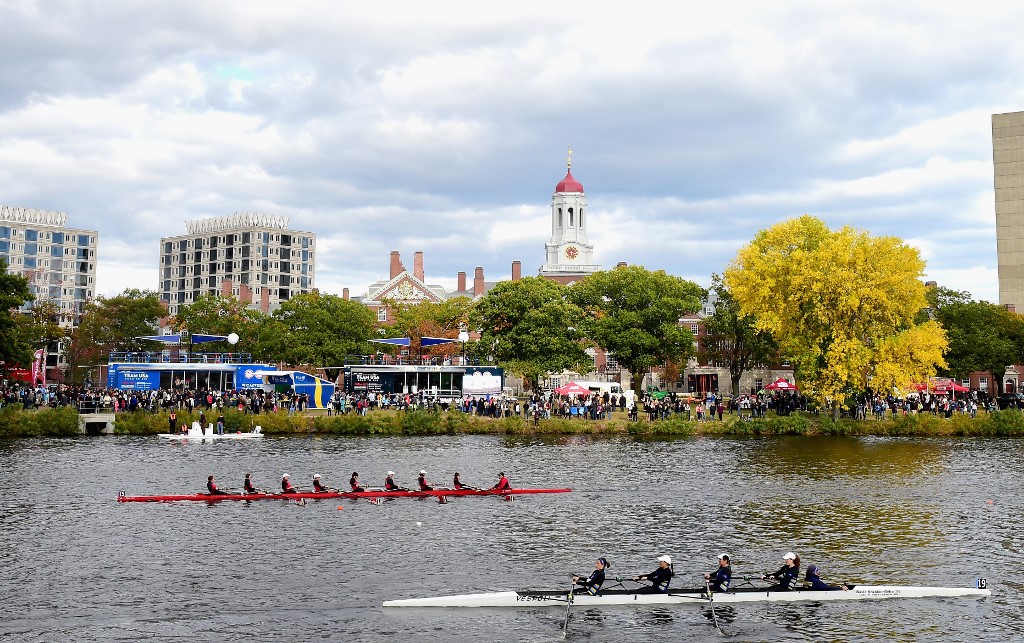
A pair of bills emanating from the House and Senate are aiming to bring online casino gambling to Massachusetts with as many as 10 platforms allowed.
Rolling the Dice
Senator Paul Feeney has announced his iGaming bill, SD 2240, while Representative Daniel Cahill has his own online casino legislation in the form of HD 4084. Typical casino games found in land-based establishments would be offered in the virtual realm, such as slots, blackjack, craps, poker, roulette, and other casino table games.
The state’s three commercial casinos, Encore Boston Harbor, MGM Springfield, and Plainridge Park Casino, would be allowed to partner with two third-party providers, while four iGaming licenses would be untethered to any of those casinos. Therefore, the maximum number of iGaming platforms is 10 under the proposed legislation.
Licensees would be required to pay an initial $5 million licensing fee, which would cover the first five years, and then a five-year renewal at the same amount. Online casino gaming revenues would be taxed at the same 20% that is currently imposed on mobile sports betting platforms in the Bay State.
The Massachusetts Gaming Commission (MGC) would regulate and govern the iGaming industry and would be allowed to engage in an “internet gaming reciprocal agreement” such as the Multi-State Internet Gaming Association, a shared player pool consisting of five states including Nevada, Delaware, Michigan, New Jersey, West Virginia, and Pennsylvania is expected to join the association as well.
Tax revenue generated from iGaming would be distributed as follows:
- 45% to the General Fund
- 27.5% to the Gaming Local Aid Fund
- 17.5% to the Workforce Investment Trust Fund
- 9% to the Public Health Trust Fund
- 1% to the Youth Development and Achievement Fund
iGaming Reluctance
It is no secret that states have been reluctant to pass iGaming legislation due to concerns ranging from addiction to the cannibalization of business from retail casinos. Despite significantly more revenue derived from iGaming compared to mobile sports betting, only seven states, including New Jersey, Delaware, West Virginia, Pennsylvania, Michigan, Connecticut, and Rhode Island, have launched online casino gambling compared to the soon-to-be 39 states that have mobile, retail, or a combination of both sports betting.
According to Fanatics Betting & Gaming head of government affairs Brandt Iden, educating lawmakers is a necessary first step in getting iGaming legislation passed.
“We go to talk about iGaming, and they think we are talking about video games,” he said during an iGaming Next panel last year in New York. “I start with [using the phrase] ‘internet casino’. You have to call this what it is; otherwise, you have lawmakers that don’t know what you’re talking about. And then you have to lead with consumer protections.”
But this year there has been a noticeable increase in iGaming legislation proposals, and although many of these bills will not pass muster with one chamber or another, industry analysts believe it is a positive sign that lawmakers are becoming more receptive to the idea and the revenue that will flow from it.







